Tutorials
Product Description of Currentier
Technical explanation of current detection in general
Current Sensors
Currentiers are classified as coreless current sensors, which is one of the current sensing methods. Other current detection methods include shunt resistor + isolation amplifier / isolated ADC and cored current sensors.
We explain the advantages and disadvantages of each method in detail in the "Tutorials" section, and provide information to help you select the right current sensor for your application. Please refer to the page for each product series for technical explanations of individual products.
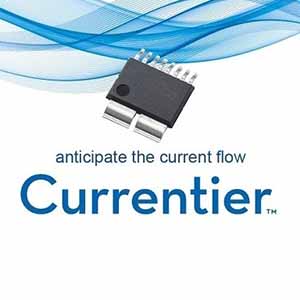
What is "Currentier" ?
On this page you can find product and technical information about "Currentier".
We explain the features and technology of AKM's high performance coreless current sensor IC "Currentier".
Basic knowledge of current detection
In this section, we introduce technical explanations of different current detection methods and how to choose the best one for you.
Types and Characteristics of Current Sensors
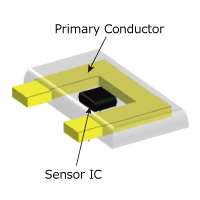
We compare and explain the features of shunt resistor + isolation amplifier/isolated ADC, cored current sensors, and coreless current sensors.
What is a coreless current sensor ?
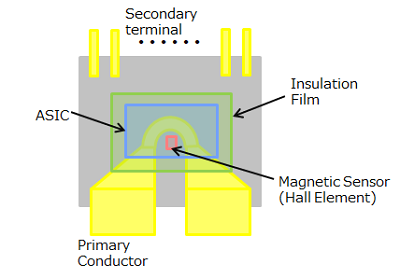
"Coreless current sensor" is one of the current sensor types, without a magnetic core.
Shunt Resistors Heat Generation
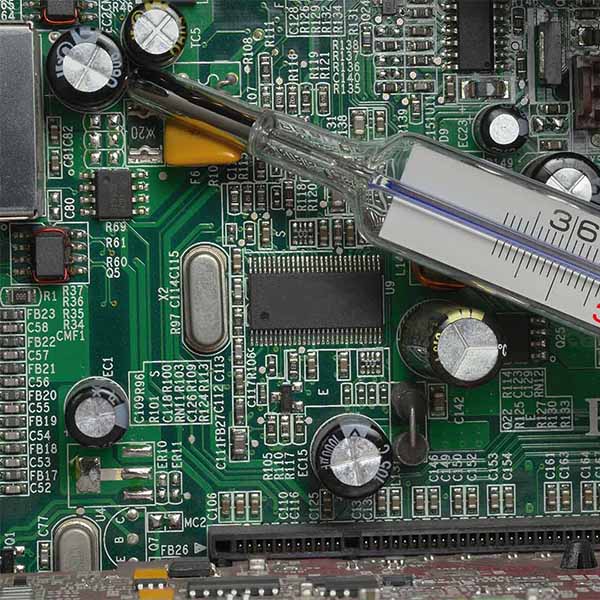
Heat generation of shunt resistors is explained in detail using measurement principles and evaluation results. The effects and measures of heat generation from shunt resistors on industrial equipment are also introduced.
ACCT or Currentier ?

One simple current detection method is the use of ACCTs.(AC Current Transducers / AC Current Transfomers)
We will show you its advantages/disadvantages and how to replace it with Currentier.
Technical documents of the current sensor
We have prepared white papers to help you deepen your understanding of current sensor technology. It provides clear insights and analysis to support your knowledge.
Feel free to download and review the details.
TMR and Compound Semiconductor Hall Elements in Current Sensors
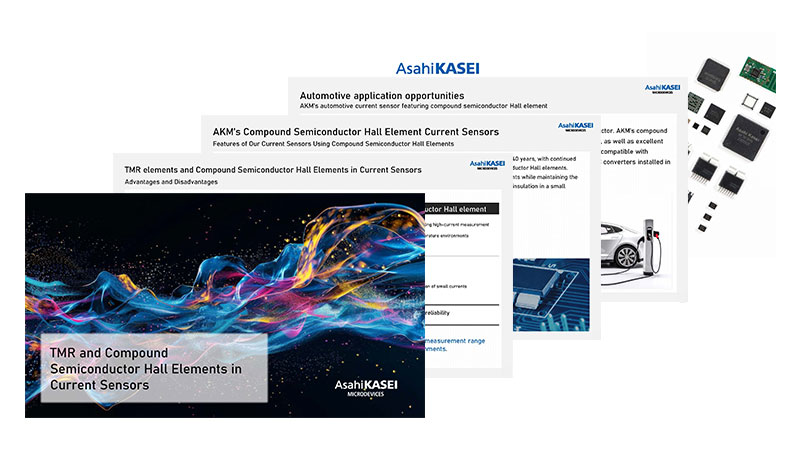
This document aims to deepen the understanding of the principles and characteristics of TMR elements and compound semiconductor Hall elements, as well as the benefits of their use in current sensor applications.
A High Voltage eFuse for automotive Applications
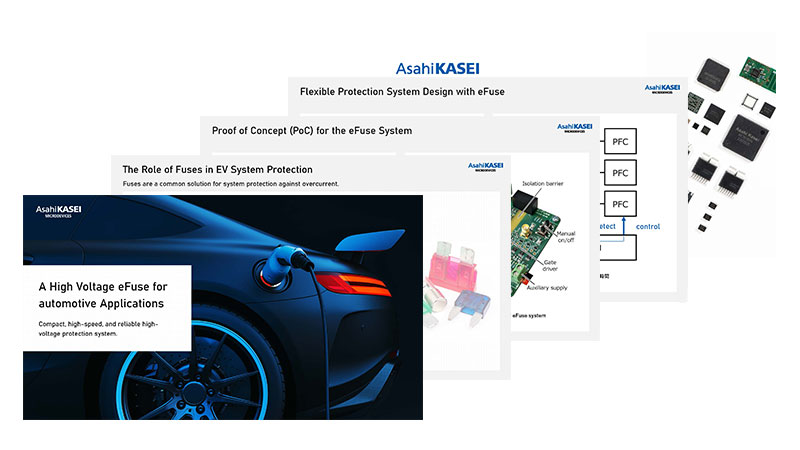
This article introduces the proof of concept for a new eFuse system, which achieves a short-circuit detection response time of below 160ns under the test conditions at 650A of short-circuit current in an 800V system.









